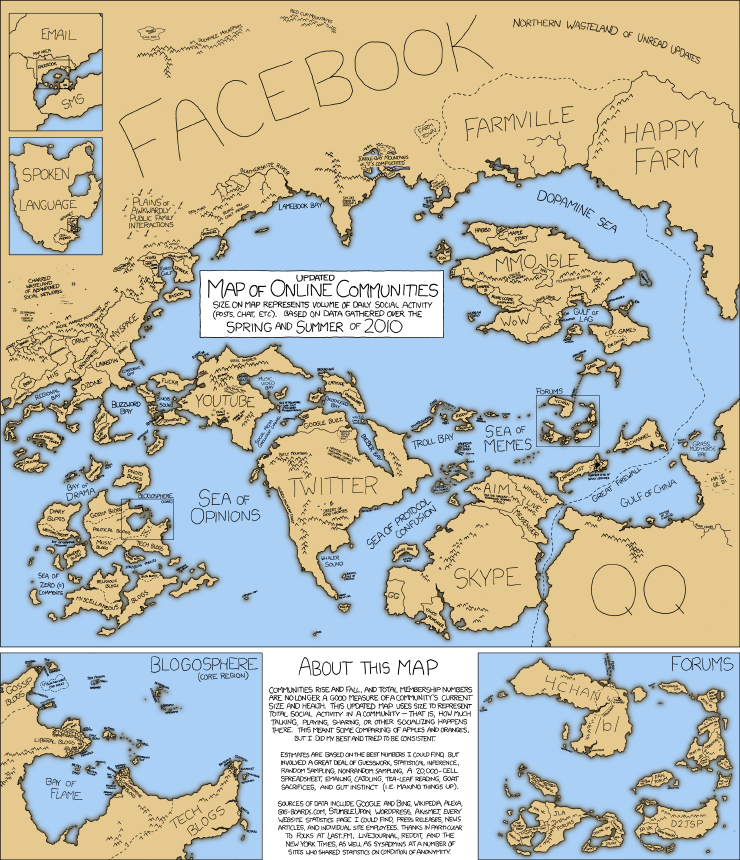Popularity and Your Brain

Whereas the fields of psychology, sociology, and anthropology have extensively studied group dynamics and popularity, neuroscience is barely starting to scratch the surface. Although the role of power in social status has been well-investigated, research into popularity has been minimal. However, recent research by Kevin Ochsner of Columbia University is exploring how likability determines social status within a group. Using previously established social groups (specifically student organizations), Ochsner used individual ratings to determine which students were the most liked among each group. Then, using fMRI, Ochsner measured each students’ brain response to pictures of the other students in the group.
Ochsner found that how much the displayed student was liked correlated with the activity of two brain systems: the emotional evaluation and reward system centering on the ventral striatum, amygdala, and ventromedial prefrontal cortex, and the social cognition system, centering on the temporopariatal junction, precuneus, and dorsomedial prefrontal cortex. The activity of the former could be explained by the brain recognizing previous pleasure from interactions with those who are likable, and anticipating further rewards. The latter could come from the social awareness required to understand and be cognizant of the complexities of social interactions, and how they could be most advantageous.
Not only were these two systems associated with how well-liked the pictured individual was, but the strength of activity was also associated with the likability of the person being studied. In other words, if an individual is more likable, their brain reacted more strongly to another likable person. This may be indicative of social awareness, allowing popular people to better tailor their behavior to others. However, it is unclear whether likability causes an increase in activity or vice versa.
Work such as that of Ochsner has the potential to unlock the neurological keys to group dynamics and popularity. Not only that, but it could inform us on the underlying causes behind deficits in neural function. Perhaps it could even lead us to discovering how we can affect popularity and group dynamics by manipulating brain activity.
– Tom Meeus
Source:
Social circuits that track how we like people, ideas – Science Daily
April 14, 2014
I must say that’s a brainy post. I have never seen such a post which can force us to read..! Good Job..!!
May 3, 2014
That is fascinating. I wish they would do a long term study over a time span in the lives of individuals from infanthood to late adolescence. Perhaps they would then be able to determine whether the heightened brain activity or the likability comes first. If it is indeed brain activity which prevails to be the independent factor, then it would make a lovely scapegoat for unpopularity ;) Or perhaps it results from a combination of conscious decision to be likeable and the brain activity within the subconscious?
May 4, 2014
lol, either way I think this guy got it right -> “I figured it is always better to be unpopular by your own choice.”
― Tom Upton, Vanished
May 4, 2014
Wise man. That could actually be a pretty useful rendition to the research. As in if they not only research the brain activity of likeable people but that of unlikeable people who claim that being that way is a choice.
May 4, 2014
The guy who has to pick out who are unlikeable for the research isnt going to be liked much either…
thatll give a better idea of whether the environment causes the activity or whether the activity causes the ability/ want to be popular though. If people are honest about not wanting to be popular though.